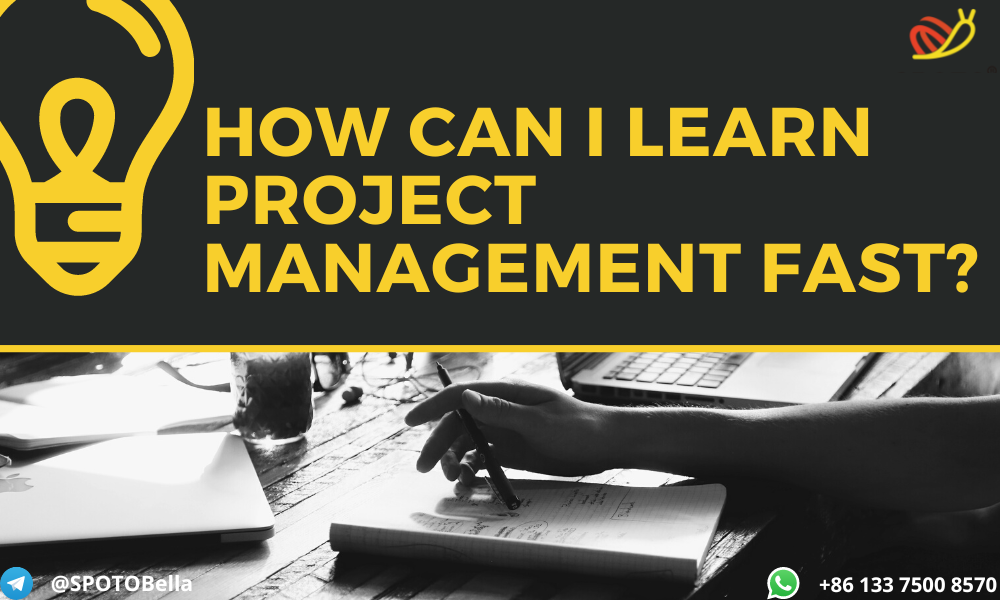You might be interested in finding strategies to improve your knowledge and abilities related to project management. Learning is something that we should never stop doing, regardless of how long we have been working on managing projects. Here are seventeen different ways from SPOTO that you can acquire more information.
1. Audio files that are downloaded and played back using a computer. Every week, I go for a run three times. Using Pocket Casts, I tune in to various podcasts. You may get a selection of great podcasts about managing projects by clicking here.
2. Reading. Harry S. Truman was once quoted as saying, “Not all readers are leaders, but all leaders are readers.” By reading books about project management, you may put yourself in the shoes of some of the best project managers in the world. The following is a selection of some of my most beloved books. Please take the time to read some of the books that I’ve written.
3. Audio Books. The majority of my time is spent away from home exploring the world. When I have free time, I use it to listen to books on Audible.com.
4. Reading of a Book When preparing for certification tests like the PMP and PMI-RMP®, project managers frequently form study groups. Why not organize study groups to read extra project management and business analysis books and then have discussions about them?
5. Video Courses. Investigate the available video resources on the internet, such as those offered by LinkedIn Learning, PMI Learning, and Project Risk Coach Courses.
6. Conferences. Attending conferences is one of the most effective ways to build professional relationships and gain knowledge in project management.
7. Blogs. Project leaders and managers from all over the world collaborate and share their experiences and insights. The following are some of my personal favorites:
8. Teach. Learning through taking in knowledge is the focus of the notions I’ve discussed up until this point. Having said that, one of the most effective methods for me to learn is teaching. Studying, analyzing, and organizing the material, as well as putting it into practice and “throwing something back,” are all necessary components of teaching.
9. Mentor. Look for a mentor or offer your services as one.
10. The Practice of Asking Questions Lou Holtz observed, “Talking never helps me learn anything new. When I question things, I find out new information.” Make sure you are asking pertinent questions at the appropriate times.
11. You will learn best by doing. “Tell me, and I forget. If you teach me, I will remember it. Engage me, and I will acquire knowledge, “declared Benjamin Franklin.
12. Gain Wisdom via Struggles, Errors, and Failed Attempts. Henry Ford stated, “Even though there are moments when it is difficult to acknowledge this truth, life is a series of experiences, and each one of those events makes us a better person. Because we are here to build character, the world was designed to provide us with challenges and difficulties, and we have to realize that these things are what propel us forward despite them.” Do you look at your mistakes as opportunities to improve?
13. Writing. Lord Acton once observed, “Writing will teach you just as much as reading will.” Learning is one of the main reasons I keep this blog. Writing is an excellent method for organizing and expressing one’s thoughts, which contribute to the consolidation of information in one’s long-term memory. See this related post for a discussion of the seven advantages of maintaining a project journal.
14. The Things That We Have Learned “Prepare for the Unknown by Studying How Others Have Coped in the Past” “Prepare for the Unknown by Studying How Others Have Coped in the Past” -George S. Patton. Frequently, project managers go to their next assignment without taking the time to reflect on what they’ve learned from their previous jobs. Take some time to evaluate the projects you’ve been working on and think about how you might modify your approach moving forward.
15. Groups for Open Dialogue Explore the various discussion groups on LinkedIn about project management. Questions, responses, and debates on various issues are all activities that are performed by project managers at all levels
16. Mastermind Teams. Although I have never been a part of one, I’ve heard nothing but good things about mastermind groups and their members. It’s a fantastic idea for learning from one another, motivating and supporting one another, and being accountable to one another.
Are you ready?
Are you developing and expanding your knowledge? Why don’t you take some time to look over these 16 different learning methods and pick a couple that will help you improve your knowledge about project management? If you want to pass the PMP exam in the 1st try, please contact SPOTO as soon as possible!



Comments